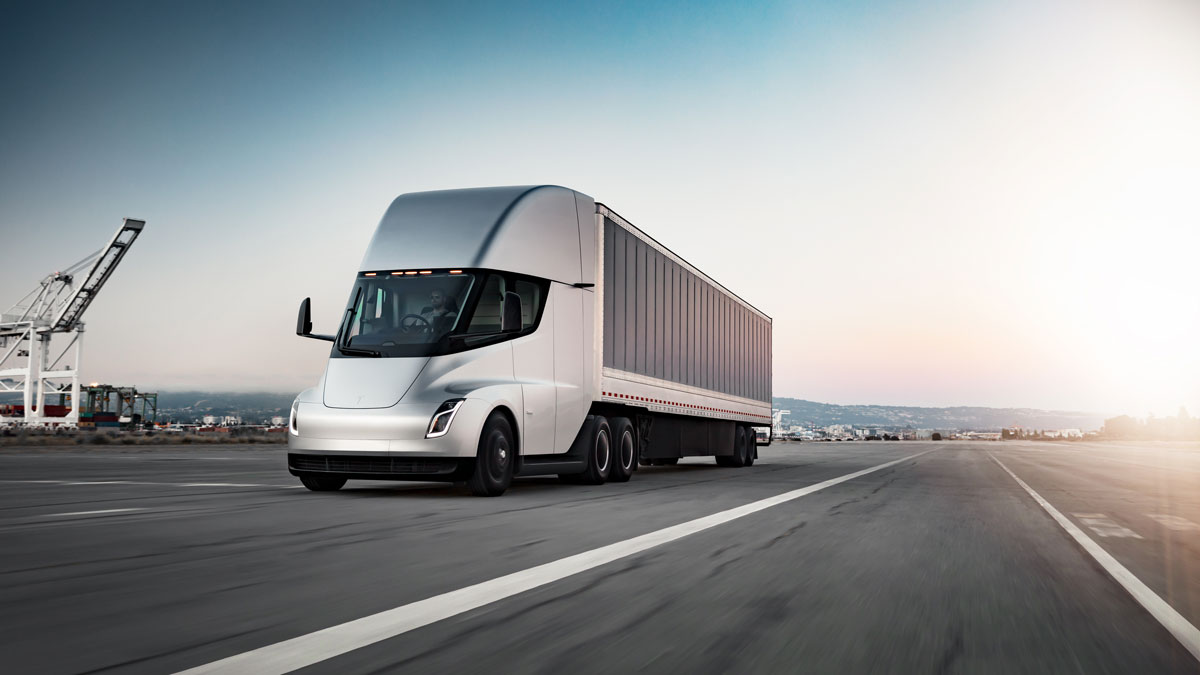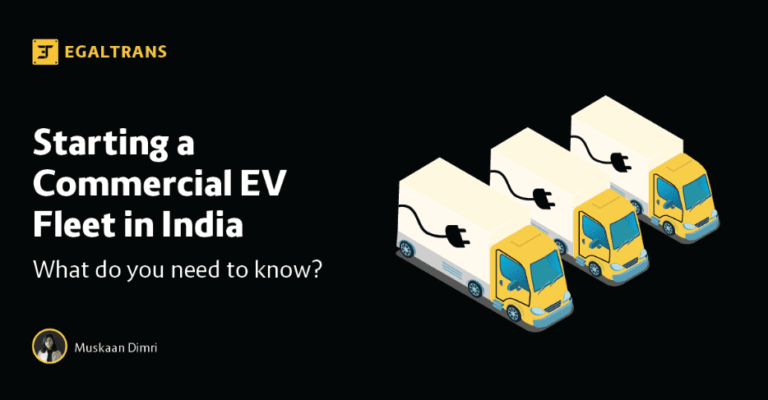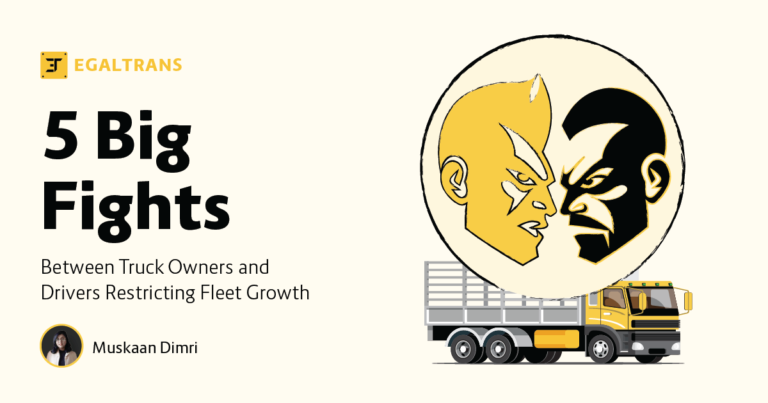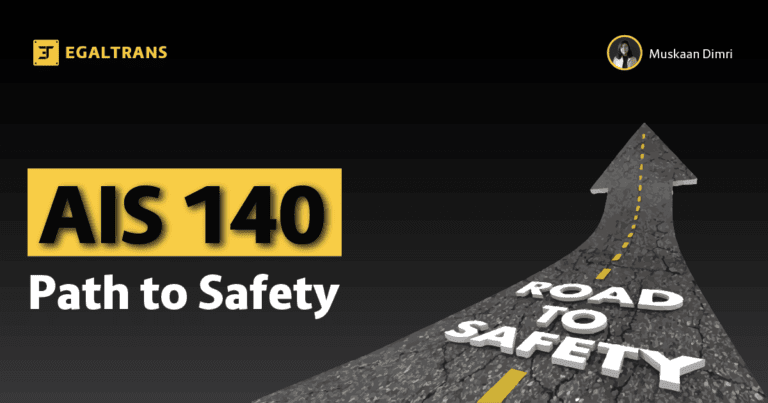The Truck industry is one of the major contributors to the Indian economy. To combat rising freight costs and competition from rail, air and sea freight, the trucking industry is using advanced technology to improve every aspect of its business. Technological advancement are the major contributors which has helped the logistics of the industry and trucking transformation. Be it new computer softwares, safety gears, telematics etc, these new technologies are indeed helping the industry grow more.
New Technologies in the Trucking Industry
Trucking technology solutions cover many areas:
Analytics, data management, application development, and tools for scaling, integrating, and intelligent technologies such as artificial intelligence (AI), machine learning, and the Internet of Things (IoT). From enhanced safety to digital automation, sustainability, data analytics and more, technology is pushing trucking companies to new heights of efficiency, safety and productivity.
Let’s see how technology is transforming the trucking industry in innovative ways:
- Safety Monitoring
Driver and truck safety is the most important thing when it comes to fleet management. Many trucking companies are investing in cutting-edge technology to improve safety standards for truck drivers. Advanced driver safety technologies such as lane departure warning, blind spot monitoring and adaptive controls keep drivers on the road safely, increasing productivity and reducing accidents.
- Improving Fleet Efficiency
With the outdated methods of paper processes and whiteboard meeting, new technological softwares makes it handy for fleet owners to handle their fleets more efficiently. Computerised data keeping is more accurate and less time consuming thus simplifying fleet management for trucking companies.
- GPS Monitoring
Fuel tracking with GPS can help fleet owners avoid fuel cost manipulation and reduce operating costs. The GPS software has all the information including live tracking of the vehicle, fuel remaining in the tank, and a significant drop in fuel due to a leak.

- Dynamic Routing
It is a process via which alternate routes can be shown to the driver if he’s unable to take the initial route because of any issues. Dynamic routing also takes into account rapidly changing factors such as traffic and weather to provide the best route to your destination in real time. It can warn drivers of significant changes in traffic patterns.
- Autonomous Truck
Self-driving trucks are equipped with self-driving technology, route optimization, and IoT sensors to increase efficiency, collect valuable data for analytics, and increase customer satisfaction. Self-driving trucks will reduce the need for human drivers, resulting in increased productivity, increased safety, and reduced costs.
Role of AI in Trucking Transformation
AI (artificial intelligence) is used in a variety of ways in the trucking industry, from route planning and fleet management to driver safety and maintenance. Most of these applications are still in their infancy, but they have the potential to grow rapidly over the next decade. A very famous example of AI incorporated in trucking is TESLA. The Semi, Tesla’s self-driving electric truck, has an autonomous driving system similar to that found in Tesla cars. The truck also has a number of other features designed to make it safer and more efficient.
According to Marketsandmarkets it is predicted that the market for AI in the transportation industry will see a growth of 18% between 2017-2030. This will help in developing job opportunities for a number of people in varied industries.

To sum up, technology has revolutionized the trucking industry, making it safer, more efficient and more profitable. The trucking industry has seen phenomenal growth in recent years thanks to smarter and more efficient routing, increased visibility, and automated features like collision avoidance. With these advancements, the trucking transformation in logistics industry looks forward to a safer, more profitable and more efficient future than ever before.





